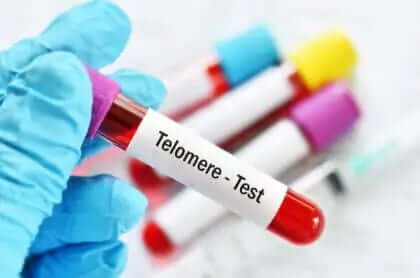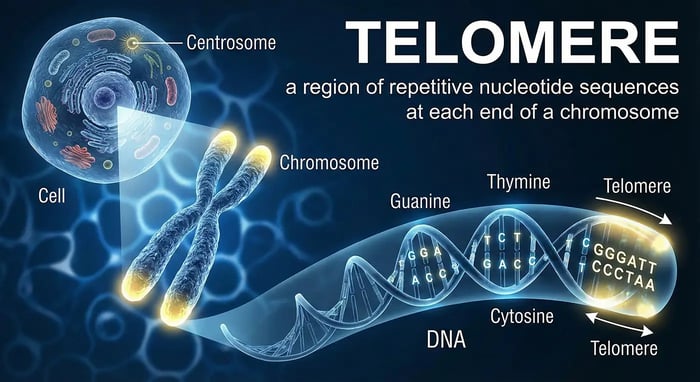Cancer Treatment Breakthroughs: How Resveratrol Shows Promise Against Brain Tumors and Beyond
Cancer remains one of humanity's greatest health challenges, but groundbreaking research into natural compounds like resveratrol offers new hope for patients battling this disease. Recent scientific discoveries reveal how this powerful antioxidant found in grapes and red wine demonstrates remarkable potential in fighting aggressive forms of cancer, particularly malignant glioblastoma brain tumors. This comprehensive guide explores the latest research findings, treatment possibilities, and what these developments mean for cancer patients and their families seeking innovative therapeutic options.
Understanding Glioblastoma: The Most Challenging Brain Cancer
Among all types of cancer, malignant glioblastoma stands out as particularly devastating. This aggressive brain tumor represents the most common primary brain cancer in adults, yet it carries one of the grimmest prognoses in oncology. Patients diagnosed with glioblastoma face significant challenges due to the tumor's unique characteristics that make it exceptionally difficult to treat effectively.
The complexity of treating glioblastoma cancer stems from three primary factors that oncologists battle daily. First, these tumors possess an extraordinary ability to diffuse throughout brain tissue, making complete surgical removal nearly impossible. Second, glioblastoma demonstrates an alarming rate of recurrence, often returning even after aggressive treatment. Third, these cancer cells develop resistance to conventional therapies, limiting the effectiveness of standard chemotherapy and radiation protocols.
Current statistics paint a sobering picture for glioblastoma cancer patients. The median survival rate hovers around 14 months from diagnosis, making it the deadliest form of central nervous system cancer. This harsh reality drives researchers worldwide to explore innovative treatment approaches that could extend survival and improve quality of life for patients facing this formidable adversary.
Revolutionary Research: Resveratrol's Anti-Cancer Properties
A groundbreaking study published in the Journal of Agricultural and Food Chemistry (March 2011) has illuminated a potential new weapon in the fight against cancer. Italian researchers conducted extensive experiments examining resveratrol's effects on human glioblastoma cell cultures, yielding results that could transform how we approach brain cancer treatment.
The research team's findings revealed two critical ways resveratrol combats cancer cells. First, the compound successfully halted the growth of tumor cells, essentially freezing their proliferation in laboratory conditions. Second, and perhaps more importantly, resveratrol limited the cancer cells' ability to migrate, addressing one of glioblastoma's most dangerous characteristics: its tendency to spread throughout brain tissue.
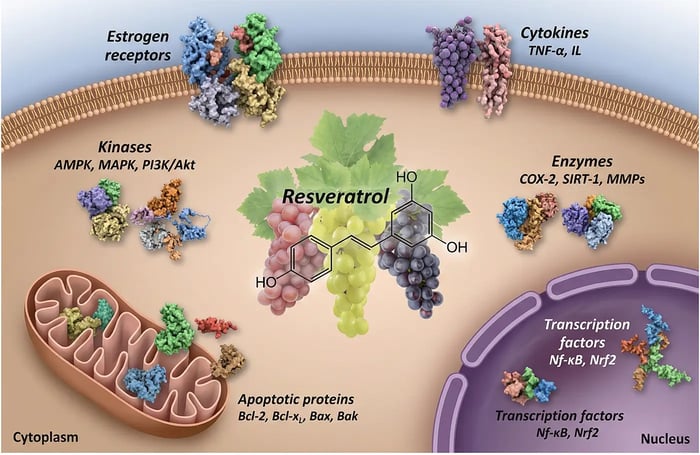
Extended Protection Against Cancer Cell Growth
One of the most encouraging discoveries from this cancer research involved the duration of resveratrol's protective effects. Scientists observed that once glioblastoma cells underwent treatment with resveratrol, the anti-cancer protection persisted for four full days. This extended efficacy suggests that resveratrol doesn't merely provide temporary relief but creates lasting changes in cancer cell behavior.
These observations collectively support the exciting possibility of incorporating resveratrol into standard cancer chemotherapy regimens. By combining this natural compound with existing treatments, oncologists might enhance therapeutic outcomes while potentially reducing the harsh side effects associated with conventional cancer therapies. This integrated approach offers renewed hope for patients battling this deadly form of brain cancer.
How Resveratrol Works Against Cancer: Molecular Mechanisms
Understanding how resveratrol fights cancer requires examining its molecular interactions within tumor cells. This polyphenol compound, naturally occurring in grape skins, peanuts, and berries, possesses unique properties that enable it to interfere with cancer development and progression at multiple stages.
Resveratrol targets cancer through several key mechanisms:
- Cell Cycle Arrest: Resveratrol disrupts the normal division cycle of cancer cells, preventing them from multiplying uncontrollably
- Apoptosis Induction: The compound triggers programmed cell death in cancer cells while leaving healthy cells unharmed
- Angiogenesis Inhibition: By blocking new blood vessel formation, resveratrol starves tumors of nutrients needed for cancer growth
- Metastasis Prevention: The compound reduces cancer cells' ability to invade surrounding tissues and spread to distant organs
- Chemosensitization: Resveratrol enhances cancer cells' sensitivity to conventional chemotherapy drugs
Beyond Brain Cancer: Resveratrol's Broader Health Benefits
While the focus on cancer treatment remains paramount, research reveals that resveratrol's therapeutic potential extends far beyond oncology. The same Journal of Agricultural and Food Chemistry published additional findings demonstrating resveratrol's effectiveness against arthritis, showcasing its versatile healing properties.
In arthritis studies, researchers compared resveratrol with other stilbenes (structurally similar molecules) to evaluate their anti-inflammatory effects. The scientific team measured compounds involved in inducing inflammation, particularly those contributing to inflammaging, the chronic low-grade inflammation associated with aging and various diseases including cancer.
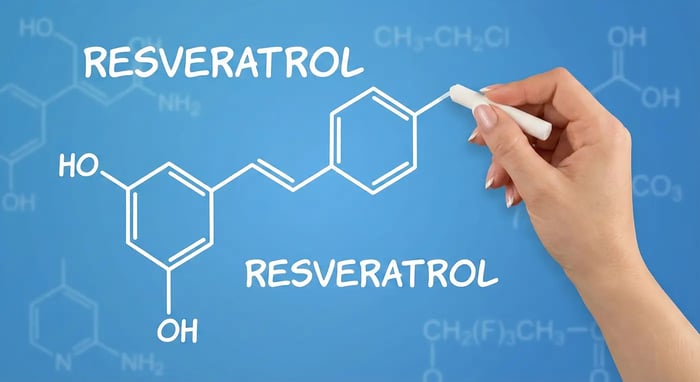
The results proved remarkable: combinations of various stilbenes, including resveratrol, successfully decreased inflammation markers associated with arthritis. This finding holds particular significance for cancer patients, as chronic inflammation often plays a role in cancer development and progression. By addressing inflammation systemically, resveratrol may provide dual benefits: direct anti-cancer effects and reduction of inflammatory conditions that promote tumor growth.
Practical Applications: Integrating Resveratrol into Cancer Treatment
The transition from laboratory findings to clinical practice represents a crucial step in bringing resveratrol's cancer-fighting benefits to patients. Medical professionals increasingly recognize the potential of integrative oncology approaches that combine conventional treatments with evidence-based natural compounds.
Dosage Considerations for Cancer Support
While optimal dosing for cancer treatment remains under investigation, current research suggests that therapeutic benefits require higher concentrations than those obtained through dietary sources alone. Cancer patients considering resveratrol supplementation should work closely with their oncology team to determine appropriate dosing strategies that complement their existing treatment plans.
Key factors influencing resveratrol dosing for cancer include:
- Type and stage of cancer being treated
- Concurrent chemotherapy or radiation protocols
- Individual patient factors including age, weight, and overall health status
- Bioavailability enhancement strategies to improve absorption
- Timing of administration relative to other cancer treatments
Future Directions: Advancing Cancer Research with Natural Compounds
The promising results from resveratrol studies against cancer open new avenues for research and treatment development. Scientists worldwide continue investigating how this compound and similar natural substances might revolutionize cancer care through safer, more effective therapeutic options.
Current research priorities in resveratrol cancer studies include:
- Clinical Trials: Moving from laboratory studies to human trials testing resveratrol's efficacy against various cancer types
- Combination Therapies: Exploring how resveratrol enhances or synergizes with existing cancer drugs
- Delivery Systems: Developing advanced formulations to improve resveratrol's bioavailability for cancer treatment
- Personalized Medicine: Identifying which cancer patients might benefit most from resveratrol supplementation
- Prevention Studies: Investigating resveratrol's potential in cancer prevention for high-risk individuals
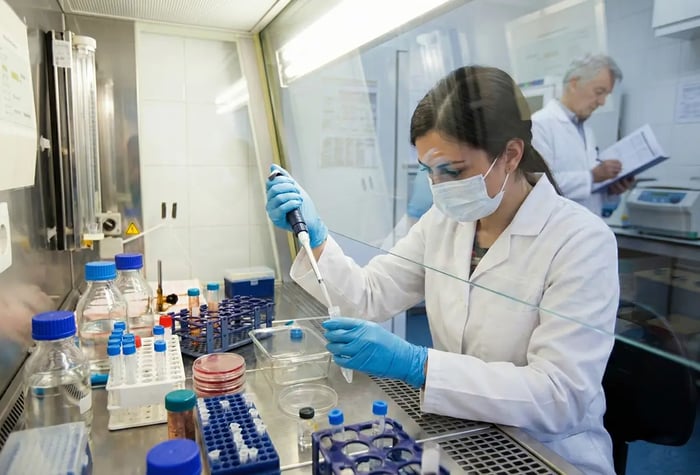
Hope for Cancer Patients: Real-World Implications
For individuals and families affected by cancer, particularly those facing aggressive forms like glioblastoma, these research findings offer tangible reasons for optimism. While resveratrol cannot replace conventional cancer treatments, its potential as an adjuvant therapy provides an additional tool in the comprehensive fight against this disease.
Patients exploring resveratrol for cancer support should consider these encouraging aspects:
- Natural origin with generally favorable safety profile compared to synthetic cancer drugs
- Multiple mechanisms of action addressing various aspects of cancer biology
- Potential to enhance effectiveness of standard cancer treatments
- Additional health benefits beyond direct anti-cancer effects
- Growing body of scientific evidence supporting its use in cancer care
The journey through cancer treatment often feels overwhelming, but advances in understanding compounds like resveratrol provide concrete reasons to maintain hope. Each scientific breakthrough brings us closer to more effective, less toxic cancer therapies that can extend life and improve its quality for patients worldwide.
Taking Action: Steps for Cancer Patients and Caregivers
Empowered with knowledge about resveratrol's potential in cancer treatment, patients and their support systems can take proactive steps toward incorporating this research into their care plans. The key lies in approaching supplementation thoughtfully and in partnership with qualified healthcare providers.
Essential Steps for Consideration:
- Consultation First: Discuss resveratrol supplementation with your oncologist before beginning any new cancer support regimen
- Quality Matters: Choose high-quality, third-party tested resveratrol supplements from reputable manufacturers
- Documentation: Keep detailed records of any supplements used alongside conventional cancer treatments
- Monitor Progress: Work with your healthcare team to track any changes in cancer markers or treatment responses
- Stay Informed: Follow emerging research on resveratrol and cancer through reputable scientific sources
Remember that fighting cancer requires a comprehensive approach. While resveratrol shows tremendous promise, it works best as part of an integrated treatment strategy that includes conventional therapies, proper nutrition, stress management, and strong medical support.
Frequently Asked Questions About Resveratrol and Cancer
What makes resveratrol effective against cancer cells?
Resveratrol fights cancer through multiple mechanisms including stopping tumor cell growth, preventing cancer cell migration, inducing programmed cell death in malignant cells, and blocking the formation of new blood vessels that feed tumors. Research specifically shows that resveratrol can halt glioblastoma brain cancer cell proliferation and maintain protective effects for up to four days after treatment, making it a promising addition to conventional cancer therapies.
Can resveratrol replace traditional cancer treatments?
No, resveratrol should not replace conventional cancer treatments like chemotherapy, radiation, or surgery. Instead, research suggests it works best as a complementary therapy that may enhance the effectiveness of standard treatments while potentially reducing side effects. Always work with your oncology team to integrate resveratrol safely into your comprehensive cancer treatment plan.
What types of cancer show the most promise for resveratrol treatment?
While research continues across many cancer types, glioblastoma brain cancer has shown particularly encouraging results in laboratory studies. The Italian research team's findings demonstrate resveratrol's ability to combat this aggressive brain tumor's growth and spread. Additionally, resveratrol shows promise against various other cancers due to its broad anti-inflammatory and anti-proliferative properties.
How long does it take to see benefits from resveratrol in cancer treatment?
Research indicates that resveratrol begins affecting cancer cells immediately upon treatment, with protective effects lasting at least four days in laboratory studies. However, clinical benefits in human cancer patients may vary depending on factors like cancer type, stage, dosage, and individual response. Consistent supplementation under medical supervision typically provides the best opportunity for therapeutic benefits.
Are there any risks or side effects when using resveratrol for cancer?
Resveratrol generally has a favorable safety profile, but cancer patients should exercise caution. Potential concerns include interactions with chemotherapy drugs, blood thinners, or other medications. Some individuals may experience mild digestive issues at high doses. Always consult your oncologist before adding resveratrol to ensure it won't interfere with your cancer treatment protocol.
What dosage of resveratrol is recommended for cancer support?
Therapeutic dosages for cancer support typically exceed what's obtainable through diet alone. While specific recommendations vary, research studies often use doses ranging from 500mg to several grams daily. Your optimal dosage depends on your specific cancer diagnosis, treatment plan, and individual factors. Work with your healthcare team to determine the most appropriate dosage for your situation.
Can resveratrol help prevent cancer in healthy individuals?
Emerging research suggests resveratrol's anti-inflammatory and antioxidant properties may help reduce cancer risk in healthy individuals. By combating chronic inflammation and oxidative stress, two major contributors to cancer development, regular resveratrol consumption through diet or supplementation might offer protective benefits. However, more long-term human studies are needed to confirm preventive effects.
How does resveratrol compare to other natural cancer-fighting compounds?
Resveratrol stands out among natural compounds for its multi-targeted approach to fighting cancer and its ability to enhance conventional treatments. While other compounds like curcumin, green tea extract, and quercetin also show anti-cancer properties, resveratrol's unique ability to maintain protective effects for days after treatment and its specific efficacy against aggressive cancers like glioblastoma make it particularly promising for therapeutic use.


